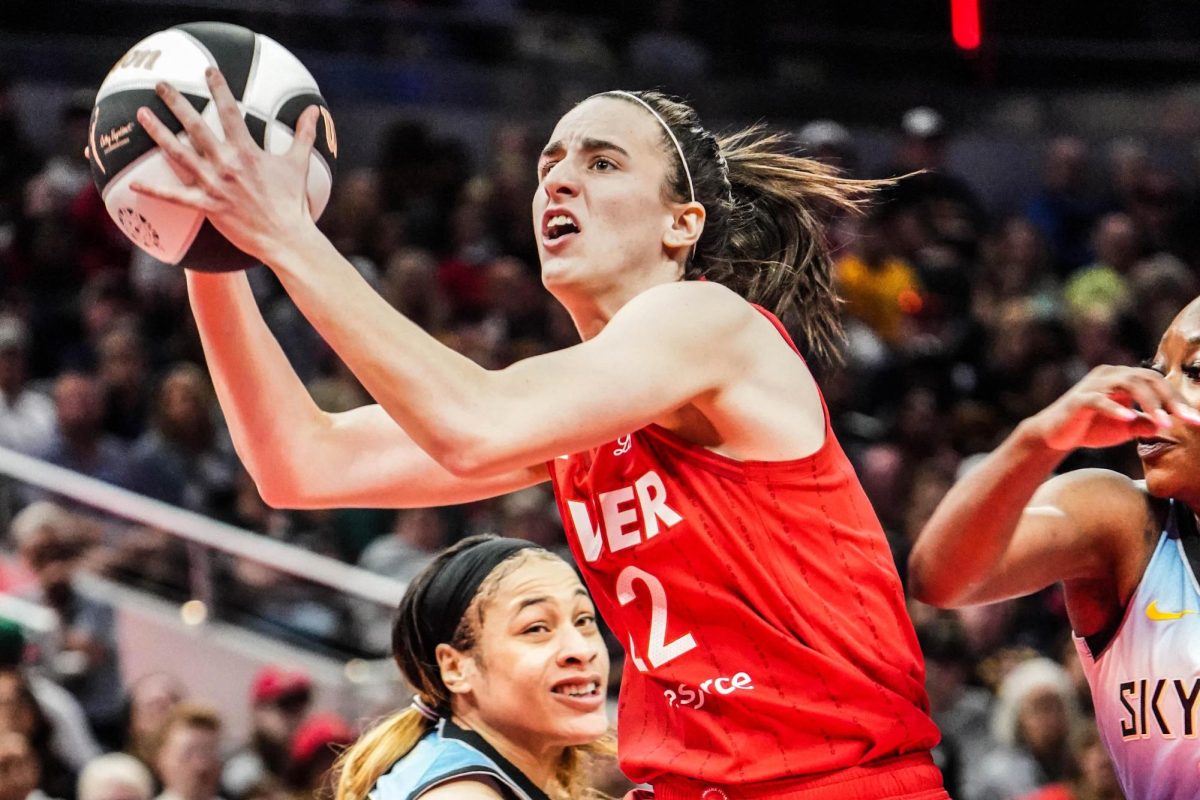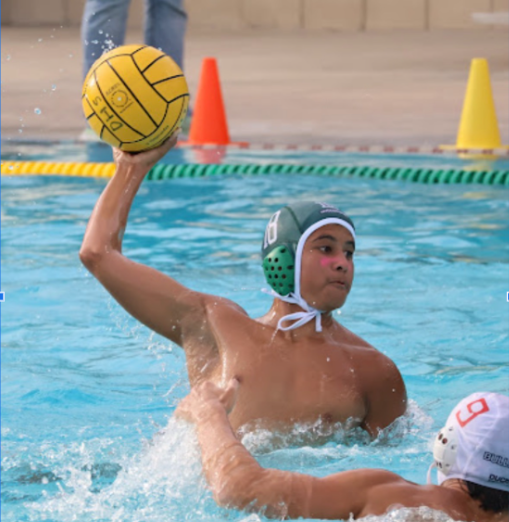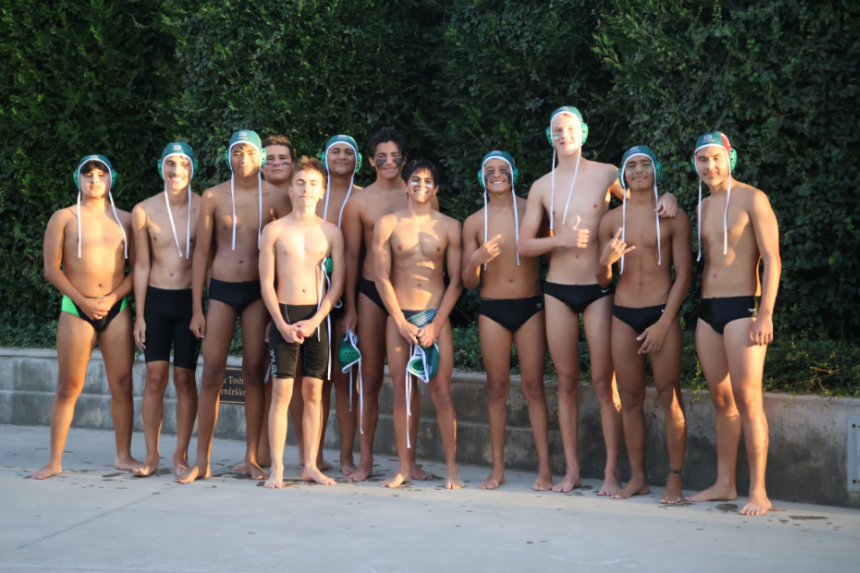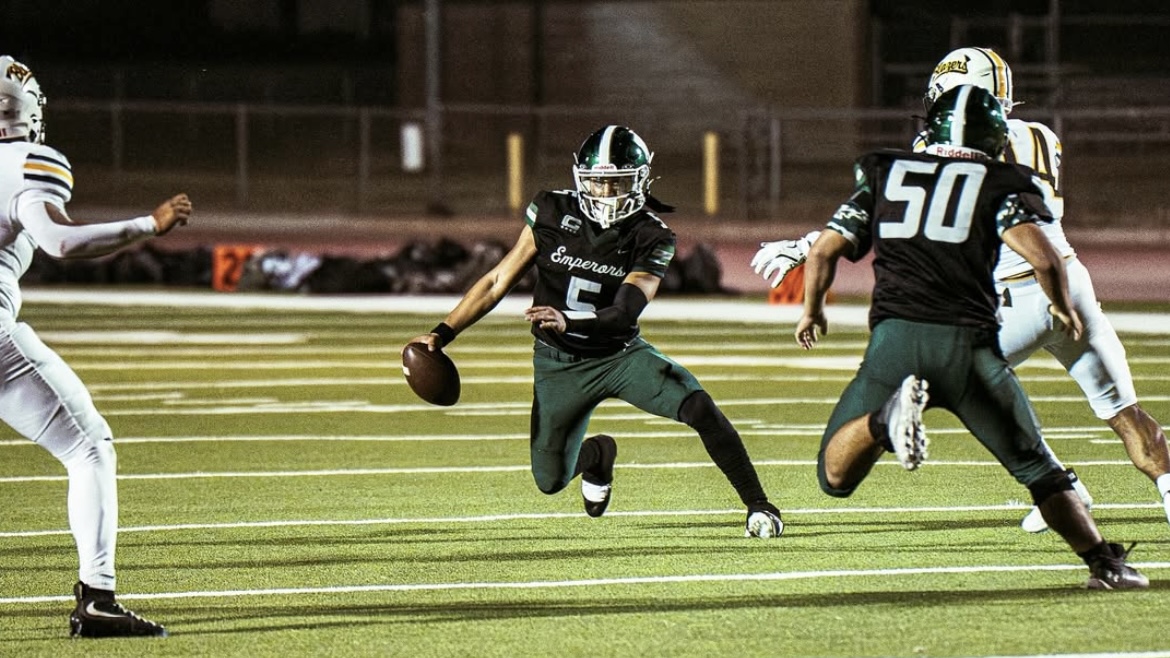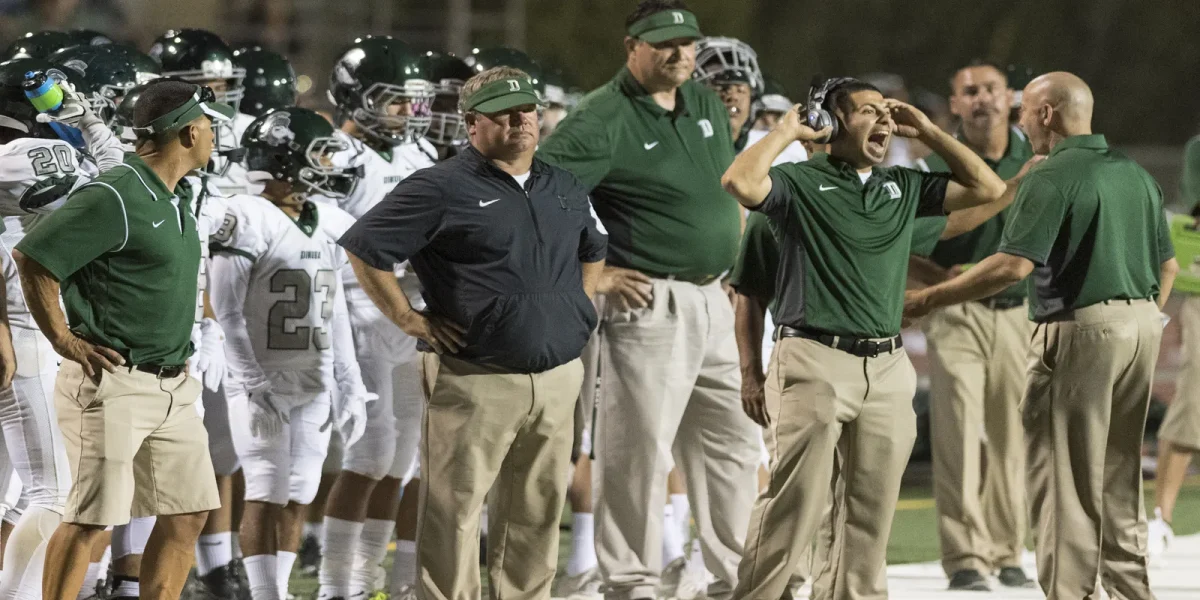On Friday nights, Dinuba High School football games have always been more than just a sport; they have been a community experience. For decades, players celebrated with their families and friends by rushing onto the field after the final whistle. But that tradition has changed. A new rule now prohibits fans from entering the field once the game ends, a decision school leaders say was made for safety and order.
Principal Andrew Popp explained the school’s reasoning directly. “Our job is to keep everyone safe. We want families, players, and fans to enjoy football games, but in a way that avoids problems after the game ends,” he said. For Mr. Popp, the priority is making sure excitement does not turn into confusion or risk.
Athletic Director Jeff Schofield noted that the new policy helps keep postgame moments organized and orderly. Fans will still be able to meet players, but it will now happen outside the field. Coaches also see value in the decision. Head Coach Clifton Lester emphasized that players need time to gather as a team after a win or loss. Assistant Coach Mark Bray added that the energy in the stands remains just as strong, reminding families that support is not lost, only shifted.
Still, the change has drawn mixed reactions from athletes themselves. Many players, especially team captains, feel the new rule takes away from the memories that define Dinuba football. Senior captain Sebastian Guzman described the moment of meeting parents on the turf as a source of motivation. He explained that without it, “victories feel less complete and losses feel heavier.”
Another captain, Leo Vega, echoed that concern, pointing out that younger players are now missing out on a tradition their older siblings once experienced. “For us young kids, parents coming down after seeing their kids on varsity for the first time meant a lot. Now they don’t get to experience that,” Vega explained.
Senior player Nehemiah Mayberry also shared his frustration. He believes the school could have considered alternatives, like verifying family members, instead of removing the tradition altogether. For him, the rule feels like “an interruption of a family bond.”
Players agree that the new rule changes how wins and losses are processed. In past seasons, victories were celebrated together under the stadium lights, while losses were softened by the immediate comfort of family on the field. Now, many say celebrations feel cut short, and younger teammates may never know that experience. Some even worry that part of the program’s identity is being erased.
School leaders, however, remain confident that football nights will still bring the community together. They argue that safety and structure outweigh the cost of losing a long-standing tradition. Mr.Popp emphasized, “Football is about community, and community means looking out for one another. By keeping the field clear, we’re making sure these games can continue in the safest way possible.”
For now, the field will remain closed after games, with players and families meeting outside the turf. But the debate remains alive within the Dinuba community. Students and parents wonder if the tradition will ever return, while staff stand firm on their commitment to safety.
As the season continues, the community is left wondering: will this rule be revised with exceptions, or is the tradition of celebrating on the field gone for good? For now, the stands remain loud, the games go on, and the discussion over what happens after the final whistle is just beginning.




